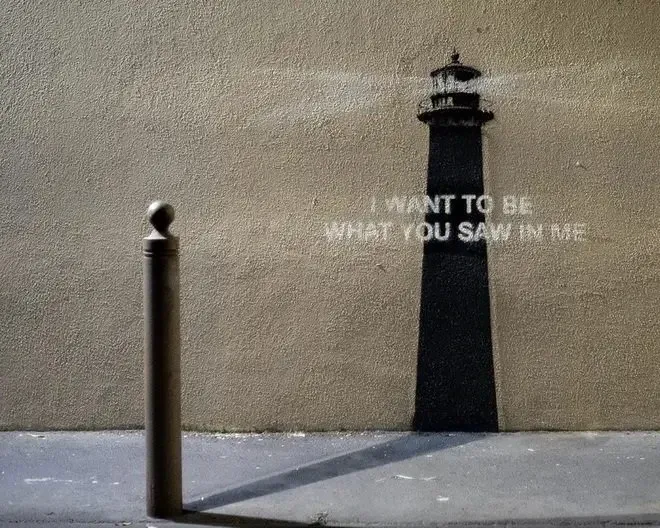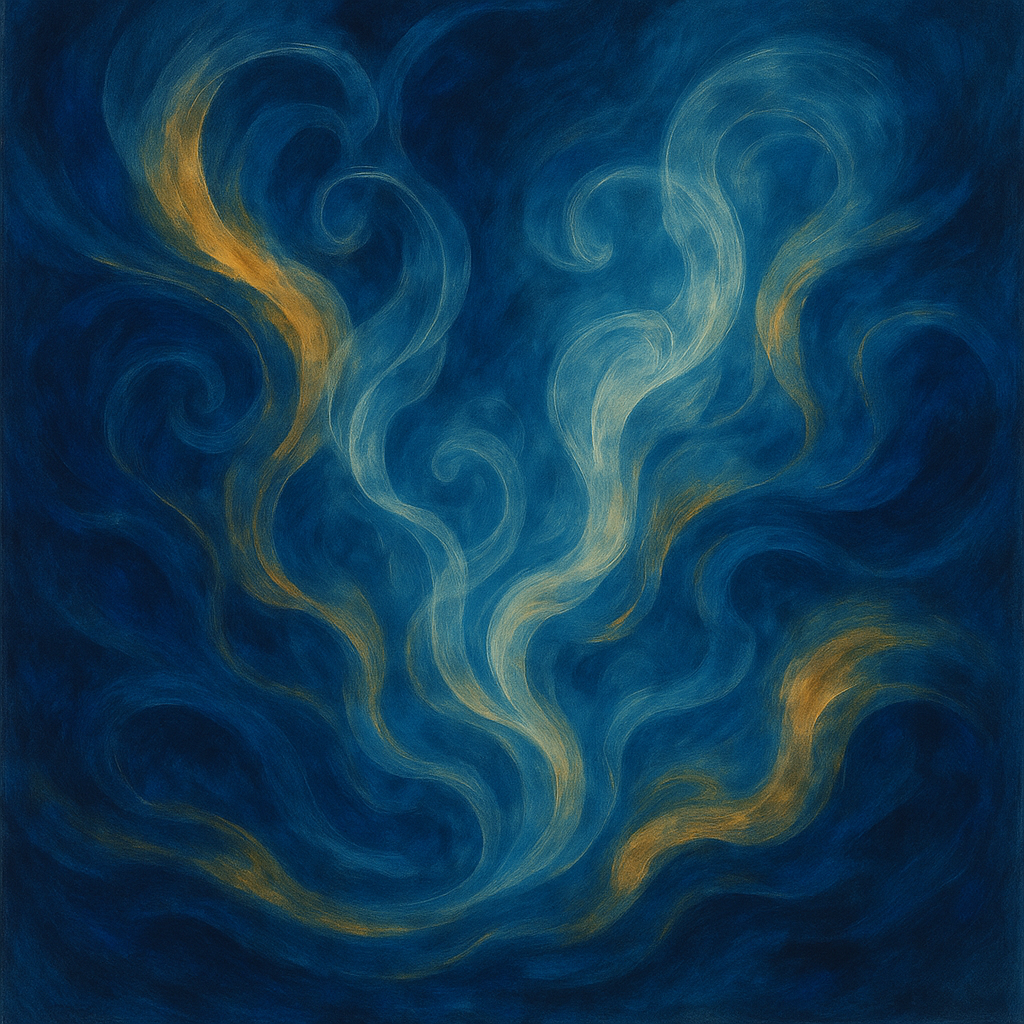the gaze that reshapes us
There are parts of us we can access on our own — through reflection, solitude, discipline. And then there are parts that only come alive in relationship. The gaze of another doesn’t just reflect us; it reshapes us.
That’s what struck me in an essay I read by the writer Maja (@velvetnoise on Substack): some parts of you only emerge for certain people.
Her idea is that parts of us emerge and evolve in collaboration with others — when someone’s attention meets our being and alchemizes us. It is what Maja calls a spiritual physics of annealing: the heating and reshaping of inner metal into something new.
We all carry endless hidden selves and latent worlds, waiting for the right gaze to bring them to the surface. I’ve felt this in my bones: relationships that have remade me, expanded me, taught me. Time and again, people have been the most transformative engine for becoming I’ve ever known.
— Maja, some parts of you only emerge for certain people
It’s a beautiful, romantic, and powerful notion. And it feels true. People believing in me when I was a child — when I couldn’t yet believe in myself — made it possible for me to pursue paths I never thought I could. To audition for and get into university conservatory programs when I couldn't even read music.
In romance too, I’ve seen how someone else’s gaze can restructure my self-image. Partners who stayed with me in hard times helped rewrite unconscious narratives of worthiness and abandonment. Their prolonged presence turned old scars into arcs, unhealthy identities into chapters rather than destinations.
A friend of mine — once a scientist, now a full-time artist — told me how she stumbled into her career. She had been sewing clothes, just as a hobby. A friend urged her to enter a local competition in San Diego. She dismissed it: she was just an amateur, surely she couldn’t win. Her friend insisted — the entry was free. She joined, and won first prize. That single recognition cascaded into others seeing her talent. It convinced her she could build a career. “That competition,” she told me, “was the moment everything started.”
Sometimes others see what we cannot.
the duality
Here lies a paradox. On one hand, we may know ourselves best. “Know thyself” — the Delphic maxim later echoed by Socrates — reminds us that self-knowledge is our responsibility.
And yet, others can act as mirrors, showing us dimensions we cannot perceive alone. Through love, through togetherness, others become gateways to knowing ourselves. Our being doesn’t exist in a vacuum; it exists in relationship.
The beauty of this idea is obvious: a partner, a friend, a mentor can bring out a version of us we could not summon alone. But there’s also danger — a reverse-savior complex. The risk of waiting passively for the right gaze to unlock us. To need someone else to transform us.
falling and loving
This tension shows up in romance. We don’t control “falling” in love — the word itself suggests descent, not careful choice. I can exercise discernment, pay attention to flags, but the sensation of falling has never felt fully voluntary.
M. Scott Peck, in The Road Less Traveled, distinguishes between this evolutionary mechanism — a temporary glue of infatuation, useful for bonding long enough to raise children — and true love, which he defines as the commitment to another’s spiritual growth.
The falling may not be chosen. The loving must be.
mirrors and fictions
Even outside romance, Maja’s reflection rings true. The old adage says we become most like our five closest friends. We bleed into each other. We surface one another’s hidden selves.
Perhaps this is happening constantly, in different degrees. Some people see only a little of us. Others see deeply, believing into existence parts we could not reach alone. The depth of someone’s gaze can move the continents of our inner world.
The Banksy image Maja shared captures it: a simple pole, its shadow stretching into a lighthouse with the words “I want to be what you saw in me.”

Are we the pole? The lighthouse? Our present form, or what others imagine we could be?
We are both. We already are, and we are still becoming.
We become what others imagine us as. Or as the saying goes: I am not me. I am not what you think I am. I am what I think you think I am. Our sense of self is a collaborative fiction, drafted in the space between your gaze and my interpretation of it. Love has a way of making that fiction more generous, more daring, more alive.
— Maja, some parts of you only emerge for certain people
Yuval Noah Harari, in Sapiens, argues that what distinguishes humans from other animals is our ability to create shared fictions — money, nations, laws, brands. A company like Peugeot isn’t just a car, a factory, or a person. It exists because we agree it does. A lawyer, like a magician, can stroke a pen and suddenly a new reality comes into force: one we must all recognize, obey, and even enforce.
So too with identity. Who we are is, in part, a shared fiction. We become in the eyes of others. We coauthor one another’s stories.
coauthors
Maybe the journey is to seek those who can write with us — to find collaborators for our fiction, whether for a chapter or a lifetime.
Even if they never arrive, the truth remains: we are never writing alone.
